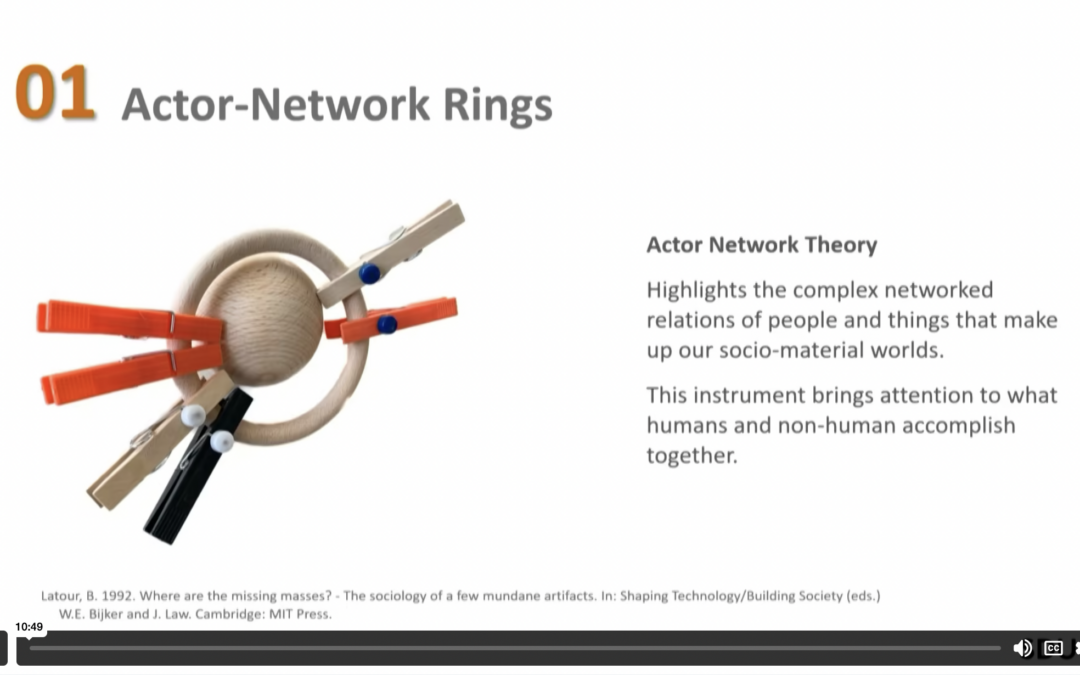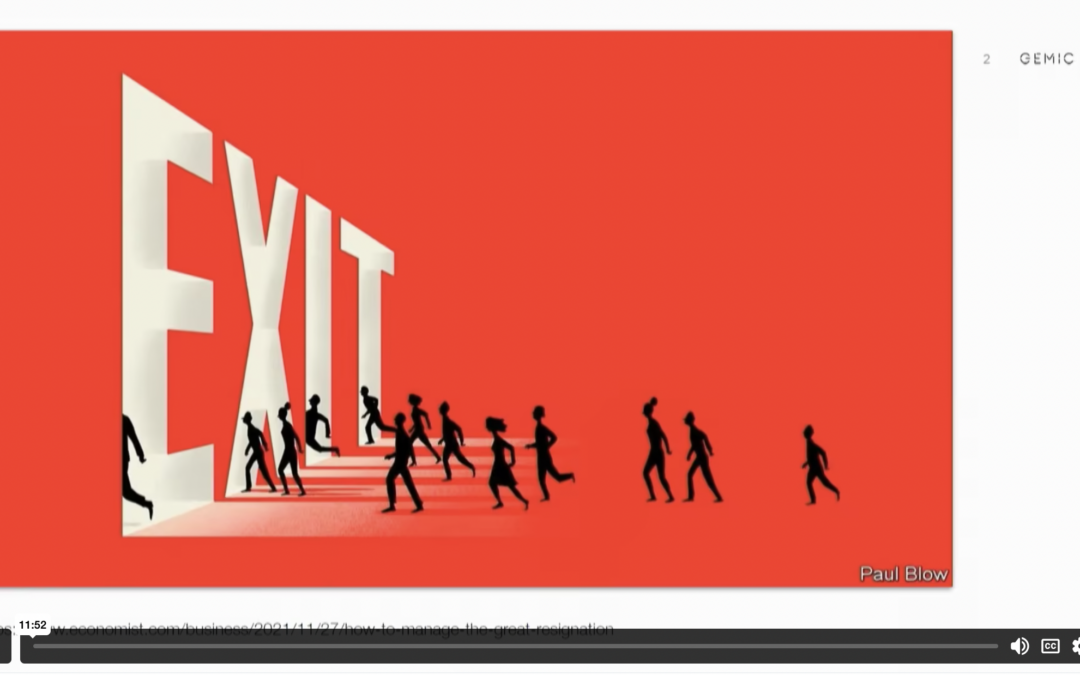While ethnographers and the data they produce already play a role in affecting industry practices, there is potential to integrate anthropological ways of seeing and knowing into a shared transdisciplinary...


While ethnographers and the data they produce already play a role in affecting industry practices, there is potential to integrate anthropological ways of seeing and knowing into a shared transdisciplinary...

This paper demonstrates the value of ethnography for housing and property development markets where urbanization...

This paper explores recent developments in anti-work theory to identify key learnings for ethnographers in industry. It focuses in particular on how anti-work perspectives allow us to rethink the managerial...

This paper assesses listening from an ethnographic perspective and demonstrates its value and applications across...

In the customer support industry, a foundational business strategy is to create the illusion of proximity...